Advisory Committee
Click on a committee member’s photo to read their bio.
Tribal/Tribal Organization Representatives
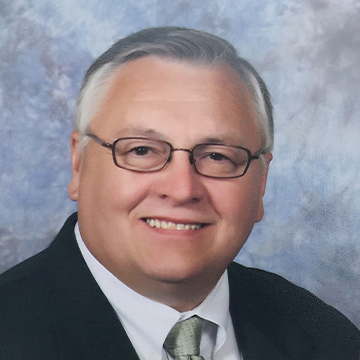
Jerry Cain
Environmental Manager
Mississippi Band of Choctaw Indians
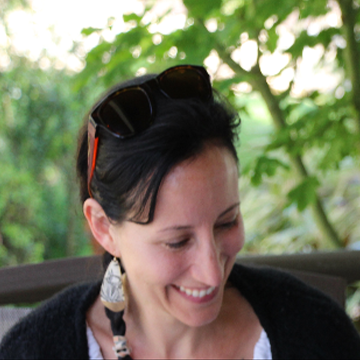
Jamie Donatuto, Ph.D.
Community Environmental Health Analyst
Swinomish Indian Tribal Community
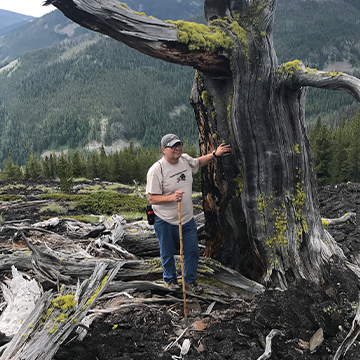
Michael Durglo, Jr.
Department Head of the CSKT’s Tribal Historic Department
Confederated Salish and Kootenai Tribes
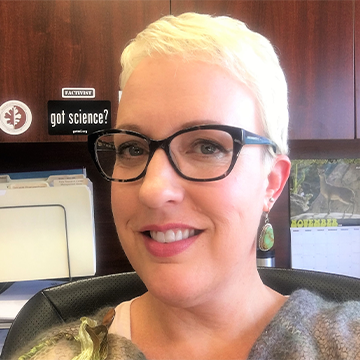
Shasta Gaughen, Ph.D.
Environmental Director
Pala Band of Mission Indians
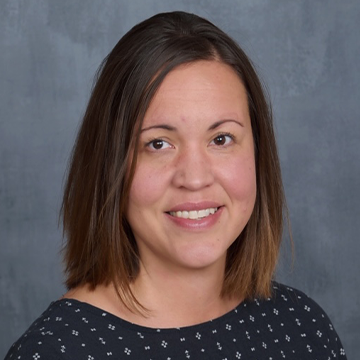
Desirae Mack
Senior Program Manager
Alaska Native Tribal Health Consortium
Federal Agency Representatives
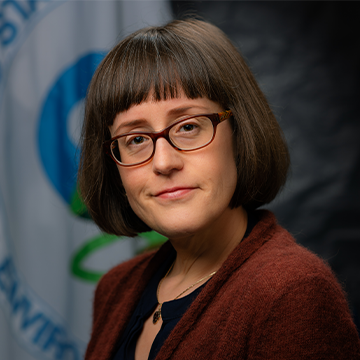
Erica Bollerud
State and Local Energy and the Environment Program
U.S. Environmental Protection Agency
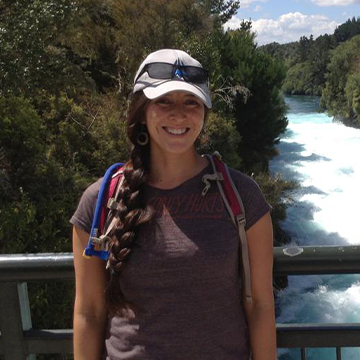
Rachael Novak
Coordinator of the Tribal Resilience Program
Bureau of Indian Affairs
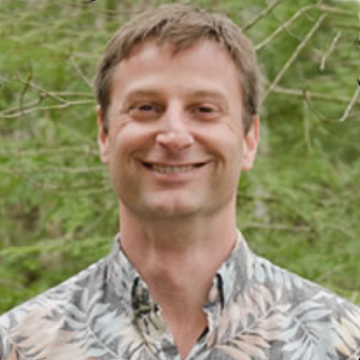
Chris Swanston
Director of the Northern Institute of Applied Climate Science
U.S. Forest Service

Paul Wagner
Tribal Liaison
U.S. Geological Survey

Lisa Bacanskas
Climate Change Division
U.S. Environmental Protection Agency

Alicia Bell-Sheeter
Policy Analyst
U.S. Forest Service

Ashely Fortune Isham
National Conservation Training Center
U.S. Fish and Wildlife Service
Tribal Resilience Liaisons

Malinda Chase
Tribal Liaison for Alaska's Tribes
Alaska Climate Adaptation Science Center

Chas Jones
Tribal Liaison for Affiliated Tribes of Northwest Indians
Northwest Climate Adaptation Science Center

Sara Smith
Midwest Tribal Liaison
Northeast Climate Adaptation Science Center (NE CASC) and College of Menominee Nation
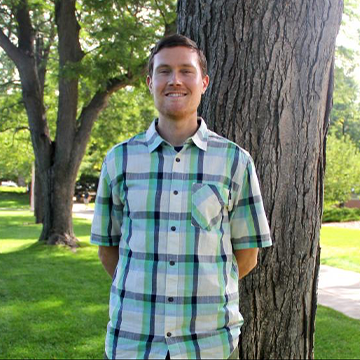
Stefan Tangen
Tribal Liaison
North Central Climate Adaptation Science Center

April Taylor
South Central Climate Adaptation Science Center
Sustainability Scientist for the Chickasaw Nation
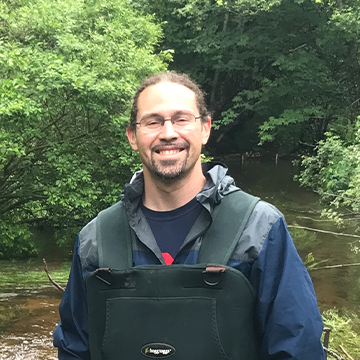
Casey Thornbrugh
Northeast/Southeast Climate
Adaptation Science Center and USET
Mashpee Wampanoag Tribe
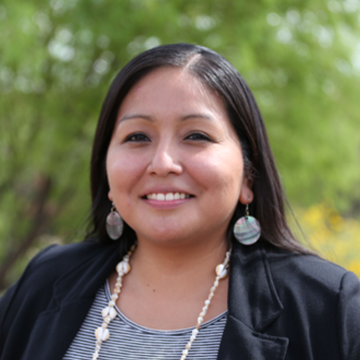
Alethea Walker-Ortiz
Southwest Climate Adaptation Science Center and The American Indian Higher Education Consortium
Nez Perce, Hopi, and Gila River Tribes
CONNECT WITH US
Nikki Cooley
Co-Director
Nikki.Cooley@nau.edu
Karen Cozzetto
Manager
Karen.Cozzetto@nau.edu
Your tax deductible donation supports ITEP’s programming efforts.
Please contact us if you would like to contribute to our endowment or for any additional information regarding donations.


